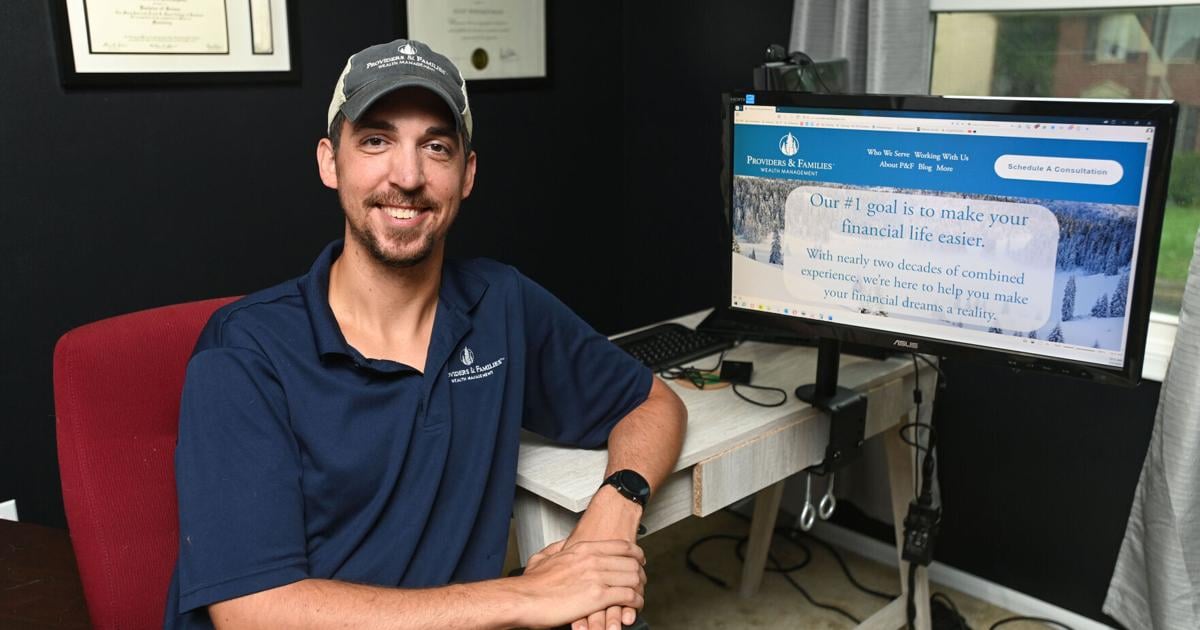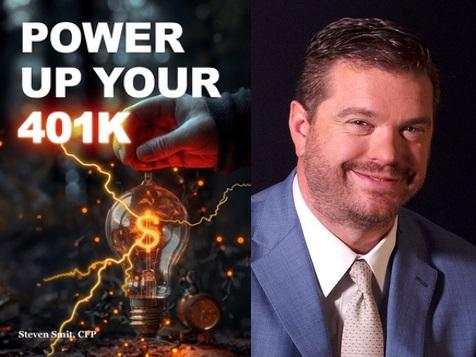rawpixel / unsplash.com
- New Year 2025 resolutions: Don’t let THESE health insurance blunders derail your financial planning
- Modern Wealth, an Independent and Fee-Only Investment Advisory Firm, Introduces Proprietary Advising Process for Entrepreneurs and Business Owners
- Tucker promises new financial plan
- Choir closes amid industry DEI rollbacks
- How AI and robo advice impact retirement planning
Commitment to Our Readers
GOBankingRates’ editorial team is committed to bringing you unbiased reviews and information. We use data-driven methodologies to evaluate financial products and services – our reviews and ratings are not influenced by advertisers. You can read more about our editorial guidelines and our products and services review methodology.

20 Years
Helping You Live Richer
Bạn đang xem: 5 Toxic Money Habits You Should Stop Right Now, According to Financial YouTuber Tae Kim


Trusted by
Millions of Readers
Managing your finances takes work and commitment. Unfortunately, it’s far too easy to betray our goals through inaction or following certain toxic money habits. In some cases, you may need to get out of your own way and determine actionable goals.
Finance YouTuber Tae Kim concurs, acknowledging that some habits hold us back while others benefit us in his YouTube Video.
These are five bad money habits Kim said Americans need to quit.
Blindly Imitating People Around You
People are social creatures and it’s easy to want to follow those around us. This can be incredibly toxic when you apply it to personal finances. We all have different goals, and blindly following the goals of others can leave you open to costly mistakes.
Xem thêm : County will seek state approval to continue financial planning project – Scranton Times-Tribune
“Just because our friends spend on fancy cars doesn’t mean we have to. Your money values might prioritize different things,” Kim said.
Instead of merely accepting the goals of your friends, ask yourself what you want, then apply that to spending.
Believing You Can’t
It’s easy to assume that it’s only people with letters behind their names that can succeed with money. That is not true, and following this philosophy can leave people open to making poor financial decisions.
You don’t need an MBA in finance to grow wealth or keep spending in check. “Money is like any other skill you can learn,” said Kim.
You simply need to start with something, such as tracking spending. This knowledge helps eradicate fear and breeds confidence that success is possible. Thankfully, there’s an abundance of free tools available online to help you learn how to manage your finances effectively.
Living in Fear
Fear is a debilitating emotion and is one of the worst toxic money fears. It holds people back from taking action to attack goals. As Kim noted, healthy fear has a time and place but it shouldn’t consume our lives or hold us back.
This can be true with investing. A recent poll from Allianz Life revealed that 53% of Americans were hesitant to invest additional money in the stock market for the foreseeable future. That fear may prevent potential losses, but it also prevents potential gains that may greatly benefit their retirement portfolios.
Losing Track of Your Goals
Goals give us something to work towards. Losing track of goals or aiming for the goals of others can make it difficult to reach what we want. It’s essential to monitor goals, so we know where we stand.
“Goals are a powerful motivator and keep us focused during the chaos of our lives,” said Kim. To aid that focus, make goals visible and break them down to increase success. Making goals bite-size, or process goals, can lead to better overall results, according to the International Review of Sports and Exercise Psychology.
Keep your goals in front of you, break them down, and revisit them to maximize potential.
Living in the Past
No one is perfect. Mistakes are inevitable, but it’s often fruitless to fixate on mistakes made in the past, especially when there’s nothing to be done to change the outcome. However, acknowledging what happened can be a good reminder of what not to do in the present or future.
“It is good to reflect on the past so we don’t repeat the same mistakes, but to live in the past does nothing for us today,” said Kim. Time is a precious resource, and it’s important not to let what happened in the past harm the future. Instead, take the lessons learned and commit to applying them toward future goals.
Habits go both ways. They can positively influence the direction of our lives, or they can hold us back. Identifying what restrains us is vital to improve both our lives and finances.
Nguồn: https://horizontalline.icu
Danh mục: News








